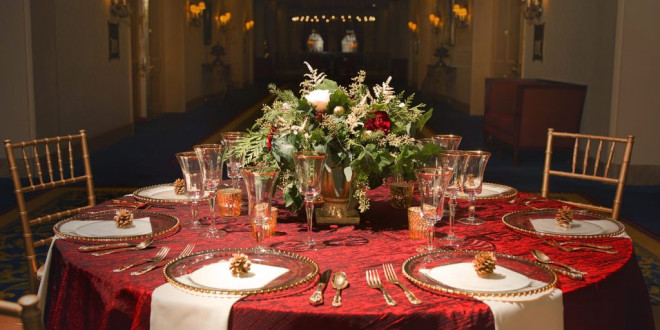[ad_1]
What does the word wedding mean? What is a best man? What about a matron of honor? And why am I spending money on a cake that no one even likes to eat? What does it all mean? Finally, you'll fully understand why you do and say the things you are doing, as you plan your wedding.
The word 'wedding' comes from the Anglo-Saxon word 'wed' which means that a man vows to marry a certain woman. Many times the groom would barter with the family for a specific daughter. Also, the father of the bride would sell her to the groom for land or goods that the family needed. More often than not, the future husband would notice how many children were in the family, which would be a good indication of what kind of breeder the purchased woman would be. Obviously, that would last about one minute in this day and age!
The Bridal Party had their responsibilities. Historically, once the bride was bartered for, a 'best man' or friend of the groom would kidnap the bride. If there were any other suits for the woman, he would help the future groom fight them off. As the bride is being kidnapped, the maid or matron of honor (dependent upon either she is married or not) would gather all her beloveds and would attend to all her needs until she was properly married. Folklore says that when a woman does this for another, she is next to wed.
Why is the bride always on the left and the groom on the right? Remember that the groom had to fight off contenders for his wife? Well, assuming that there are no southpaws years ago, the groom would hold a sword in his right hand to stab those that got too close to his woman. Ah, the days of chivalry!
After the bride was successfully kidnapped, the bride and groom would go into hiding. The groom tried to take his 'honey' to the 'moon' or even further, so that by the time her family or other suitors found her, she would already be pregnant and lawfully his.
Arranged marriages were also very popular years ago. The groom's parents chose a bride for him, but never let him see her until the day of the wedding. So, to keep him in suspense until the final moments, her face was veiled (in case he did not like what he saw) and the father who was 'giving her away' lifted the veil and presented the woman to the man. And the divorce rate was low?
The white wedding gown is perhaps the most misjudged tradition. Anne of Brittany made this popular in 1499 and actually had nothing to do with purity. It was worn by women who were so excited to get married, that they wore white to show the world joy. Why did the groom where black then?
It's interesting that after after hundreds of years, many of these customs are still followed today. Most brides will not allow the groom to see their gown before the wedding for fear of bad luck. And all the brides that I know wore something old, new, borrowed and blue. I would love to do a study to see if any of these things have affected their lives one way or another. If so, I bet not as much as having a live in mother-in-law.
[ad_2]
Source by Delora O'Brien

